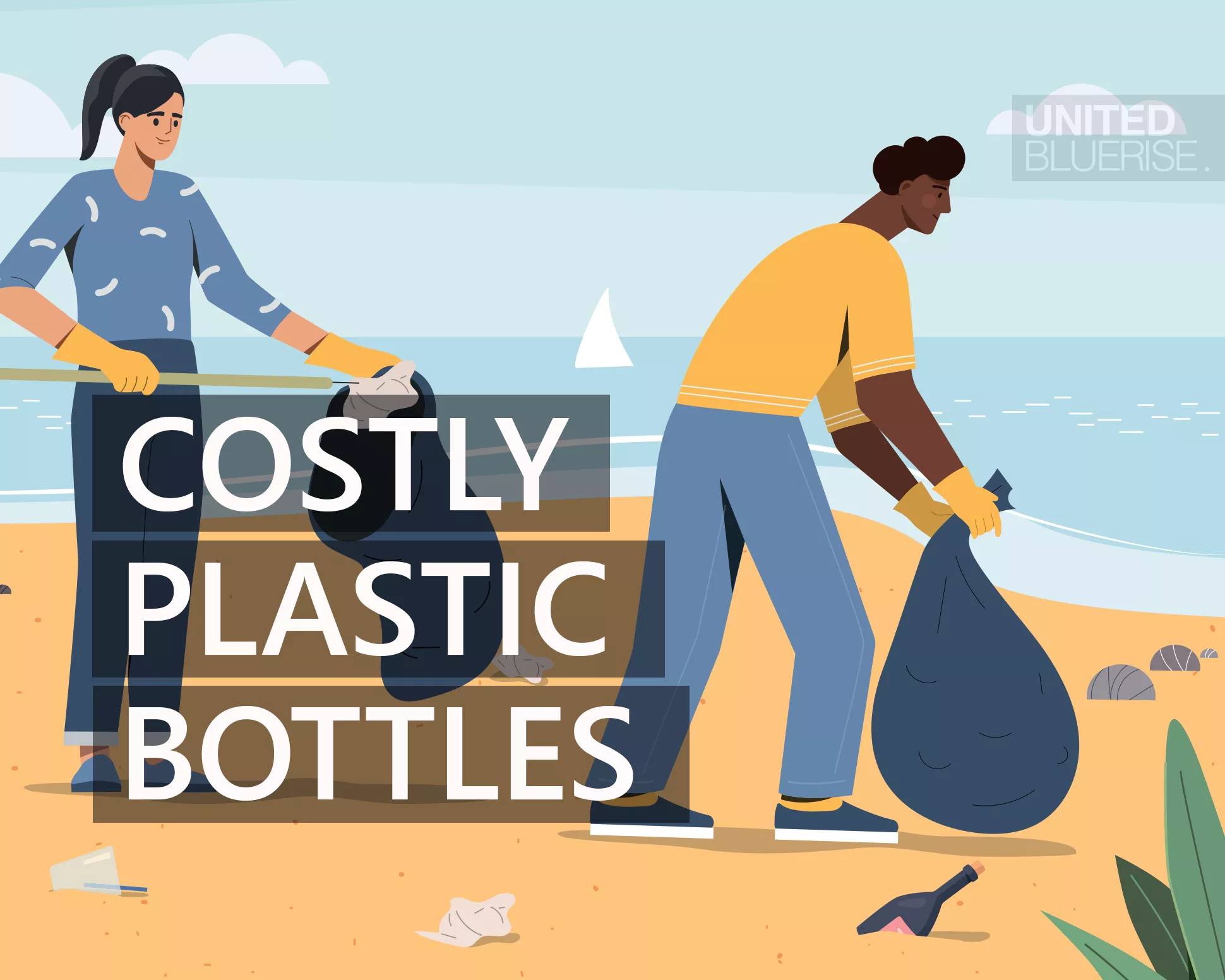Plastic Bottle: The Costly and Unsafe Choice!

Plastic water bottles are now an integral part of modern day life. They are used at home, work, during workouts, and while traveling. While plastic bottles are handy and affordable, they also offer considerable health and environmental risks. The dangers of using plastic water bottles will be discussed in this piece.
Plastic Bottle : Health Risk
One of the most serious risks of using disposable water bottles is the possibility for health problems. When exposed to heat, direct sunlight, or acidic environments, plastic bottles composed of polyethylene terephthalate, or PET, may give off harmful chemicals. These chemicals, that include bisphenol-A (BPA) and phthalates, which have been linked to disturbances in hormones and an increased chance of cancer, diabetes, and infertility.
Environmental consequences
Water bottles made of plastic are a significant source of pollution in the environment. They are among the most common objects found in oceans, rivers, and dumps, and they decompose over hundreds of years. Plastic bottle manufacturing also consumes a lot of resources and energy, which contributes to emissions of greenhouse gases and climate change like global warming.
Cost
The use of plastic water bottles may turn expensive in the long term. While they may appear to be reasonable and convenient, the expense of purchasing bottled water can rapidly add up over time. Furthermore, the expense of recycling, disposal, and cleanup of plastic waste is covered by taxpayers along with the environment.
Regulation is lacking.
Another risk associated with the use of disposable water bottles is the absence of governance and quality control. Bottled water is not as strictly regulated as common water, which is held to strict quality controls and testing. Because there is no regulation, the quality of the bottled water can differ widely and may contain dangerous contaminants.
Availability of alternatives
Finally, another reason to avoid plastic water bottles is the abundance of alternatives. There are numerous options, such as stainless steel, glass, or aluminum reusable water bottles. These vessels are long-lasting and reusable, and they can be filled up with water from the water purifying faucet, which tends to be just as safe and less expensive than bottled water.
To summarize, plastic water bottles offer significant health and environmental risks. They can emit harmful chemicals, add to pollution, be expensive, lack governance, and there are numerous alternatives. We can safeguard our health and the environment by avoiding disposable water bottles in favor of reusable alternatives, while also saving money in the long run.
How UNITED BLUERISE Can Help
We, at UNITED BLUERISE, aim to promote rewarding sustainable solutions where the health benefits of a “pure-living” truly meet in parallel with environment challenges of a “plastic-free” world.
The goal for all of us surely to stand up for an ideal and unite towards a better world by sharing facts, ideas and advice on how to live a more responsible life. Our consuming culture is polluting our planet. We need prompt lifestyle changes when it comes to single-use plastic. Our goal is ultimately to reduce plastic waste. Plastic is not only polluting our planet and impacting communities around us, but it’s also making its way into our bodies through the air we breathe, food we eat, and water we drink.
Like any other movements, together, everyone can achieve more. As we are part of a global movement, we are much stronger, thus we have more power to create wave of changes. We actively invite individuals and entities to involve and engage in relevant events and hand-on practices. By choosing and joining the “refill & reuse” campaign, we’re also imparting the purpose and solutions to plastic dangers and pollution, by which we can together keep a plastic-free ecosystem for our future and generations to come.
Article: QL-7114